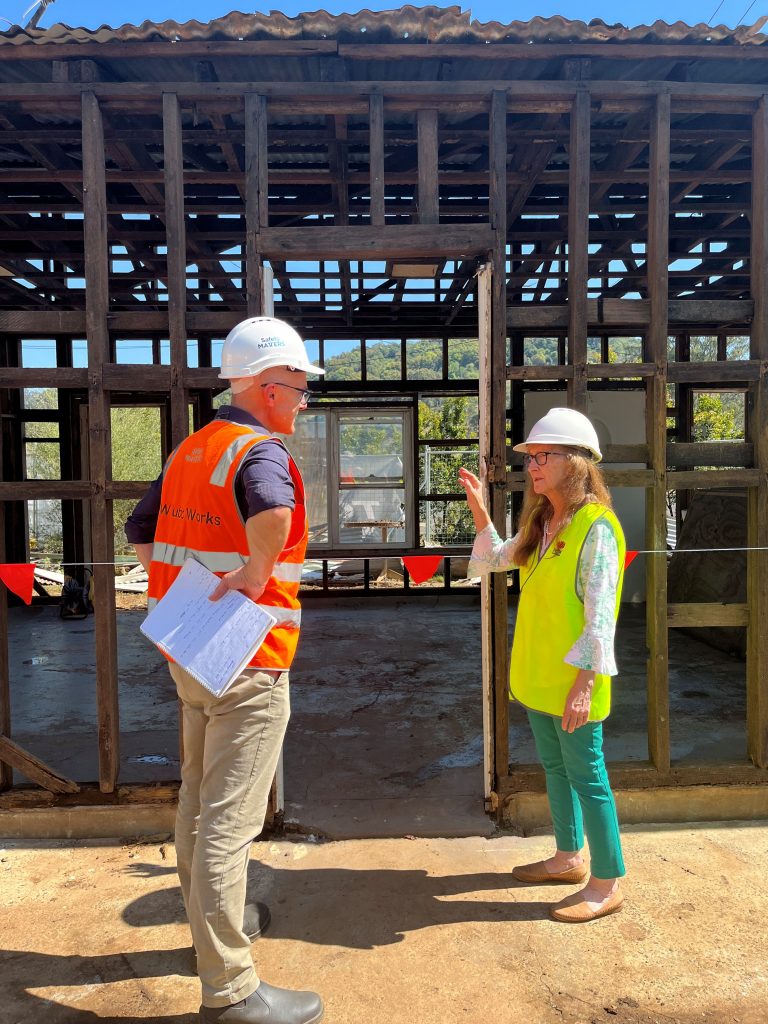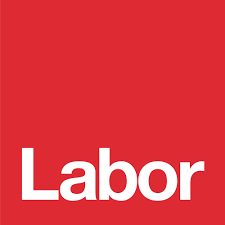September 2024 column by Janelle Saffin MP
The Minns Government has announced that the NSW Drug Summit will be held in Sydney on 4th and 5th of December this year, with two days of regional summits in November, including Lismore.
In 1999 I attended the Drug Summit conducted by the Carr Labor Government, which is widely acknowledged as a significant turning point in drug and alcohol policy. It lead to initiatives such as the safe injecting room in Kings Cross which has been saving lives for 23 years.
But that was a long time ago.
Since then we have had the Special Commission of Inquiry into Ice which came up with some fantastic recommendations and I anticipate these will all be on the table at the Drug Summit.
I have a mountain of reports from round tables and inquiries over recent years, all saying the same thing: recognise drug use as a health and social justice issue.
It was a Minn’s Government key election commitment to hold a drug summit because of the great need in the community for drug policy reform.
We need a drug policy that is fit for the 21st century.
CSIRO flood mapping
The Northern Rivers Resilience Initiative, led by the CSIRO, has for the first time provided extensive and detailed data for flood mapping our region.
The $11.4 million project used LiDAR and Bathymetry to build a 3d digital surface map covering more than 30,000 square kilometres of the Northern Rivers.
LiDAR (Light Detection and Ranging) data was collected using an aeroplane with LiDAR sensors attached flying over the region. These sensors were used to collect accurate digital elevation models for the region for hydrodynamic modelling. There were also ground crews conducting surveys to test information collected by the LiDAR equipment.
River bathymetry – Boats in the rivers with sonar equipment collected accurate information on the cross sections of the river network (river bathymetry) to inform the hydrodynamic model.
This detailed mapping provides a comprehensive overview of the river systems and can now be used by local councils and consultants for flood modelling and planning to reduce the impact of floods.
The data forms the critical scientific evidence base that can be used by the NSW Government, local councils, and non-government organisations for a range of other purposes including:
- land use
- transport and housing planning
- environmental and ecological studies
- hydrological assessments, and
- flood mitigation strategies and plans for the Northern Rivers region.
Cutting red tape for teachers
Great news for our teachers, with changes to teacher accreditation and professional development that will free them from a lot of tedious red tape and administrative work.
Teachers are required to do 100 hours of professional development every five years to maintain their accreditation.
The changes mean they won’t be forced to do 50 of these hours in previously mandated areas, but instead they will be able to identify the professional development that is relevant to their teaching and the education of their students.
And they will no longer need to write time consuming evaluations of the professional development they complete.
These changes will ensure that every hour of professional learning that our teachers do is valuable to their classroom.
Caption: Janelle Saffin MP with Associate Professor Berto Pandolfo from the Living Lab Northern Rivers, on site at the timber recycling trial, involving the deconstruction of a Lismore buyback home.

